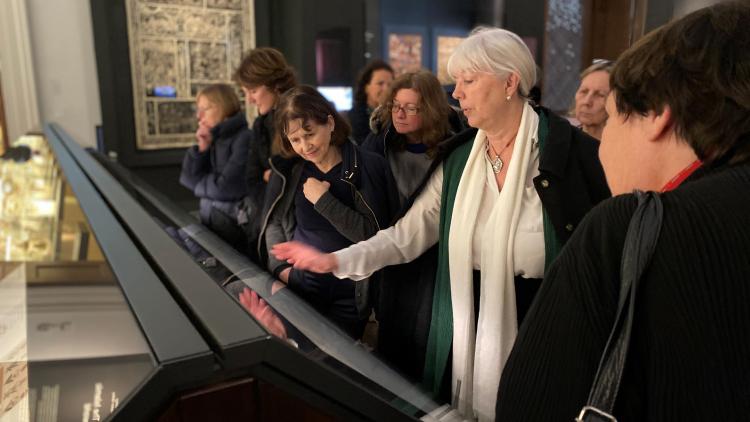SOAS project on water conflict and security secures prestigious ERC funding


SOAS Professor of International and Environmental Law Philippe Cullet has been awarded a European Research Council (ERC) fund worth €2.48million for his project on water conflicts and security in South Asia.
Addressing the multi-scalar dimensions of sectoral water conflicts through the lens of water security (with a focus on South Asia) - known as WATCON - is one of the 255 projects awarded funds by the ERC throughout Europe.
WATCON focuses on the legal aspects of water allocation to prevent sectoral water conflicts and to foster their resolution. The project will contribute to pressing debates around water security and the human right to water. Its scientific contribution will emerge from close engagement with the legal aspects of water conflicts by examining them in their local to global dimensions, with a focus on South Asia.
"These conflicts often start at the local level and are ignored until they become unmanageable. It is urgent to give much more attention to these conflicts and to study them from the local to the international level."
ERC funding is amongst the EU’s most prestigious and competitive, providing leading senior researchers with the opportunity to pursue ambitious, curiosity-driven projects that could lead to major scientific breakthroughs.
Speaking about his project, Professor Cullet said: “The climate crisis is increasingly directly linked to fast increasing water scarcity in many parts of the world. This scarcity directly threatens the realisation of the human right to water. In a context of finite availability of freshwater, this leads to conflicts between different water users.
“These conflicts often start at the local level and are ignored until they become unmanageable. It is urgent to give much more attention to these conflicts and to study them from the local to the international level. WATCON will seek to find ways to prevent and solve such sectoral conflicts, particularly in South Asia.”
The ERC funds creative researchers of any nationality and age, to run projects based across Europe. Other awardees will be researching topics such as ways to get rid of harmful chemicals in our bodies, whether the protective layer around our heart help fix heart problems, and why infants learn languages so fast.
The new grants, worth in total nearly €652 million, are part of the EU’s Horizon Europe programme.
Header image: Vyacheslav Argenberg / Wikimedia commons CC BY 4.0



